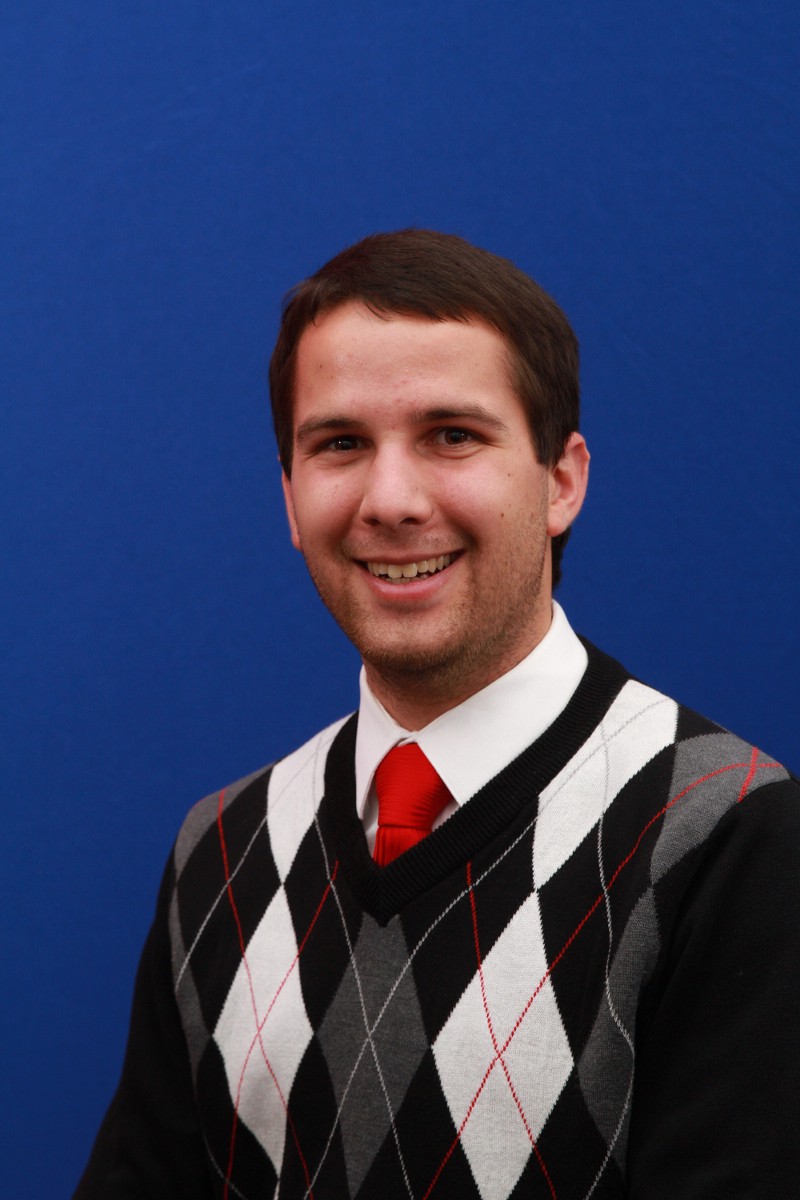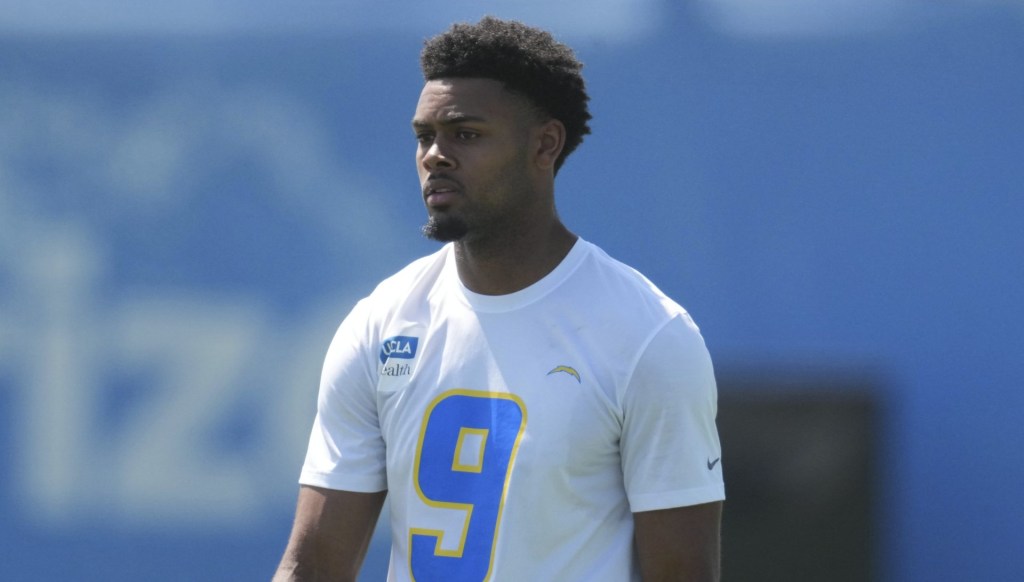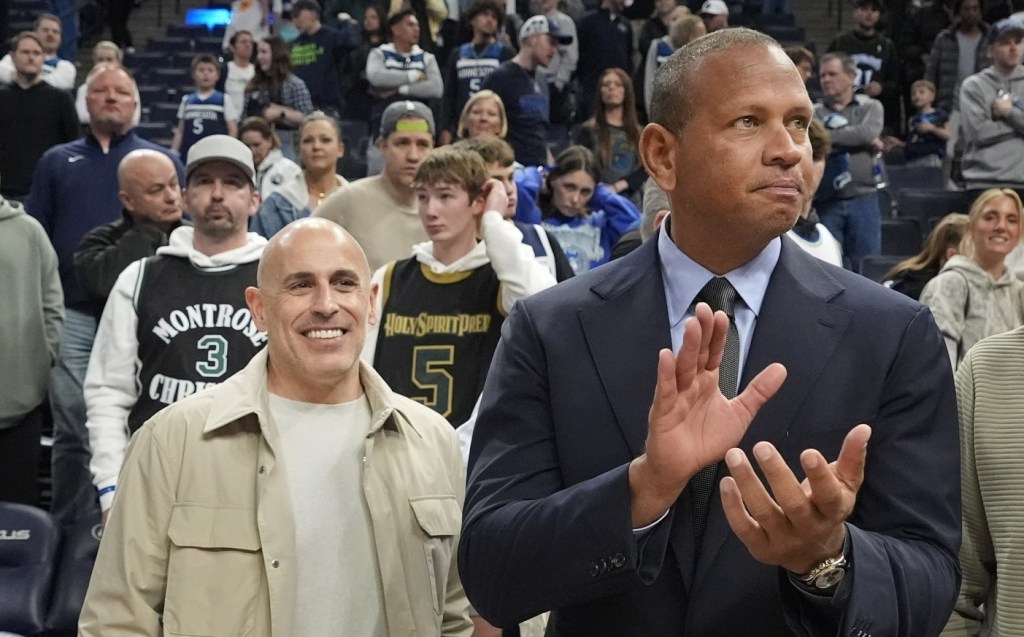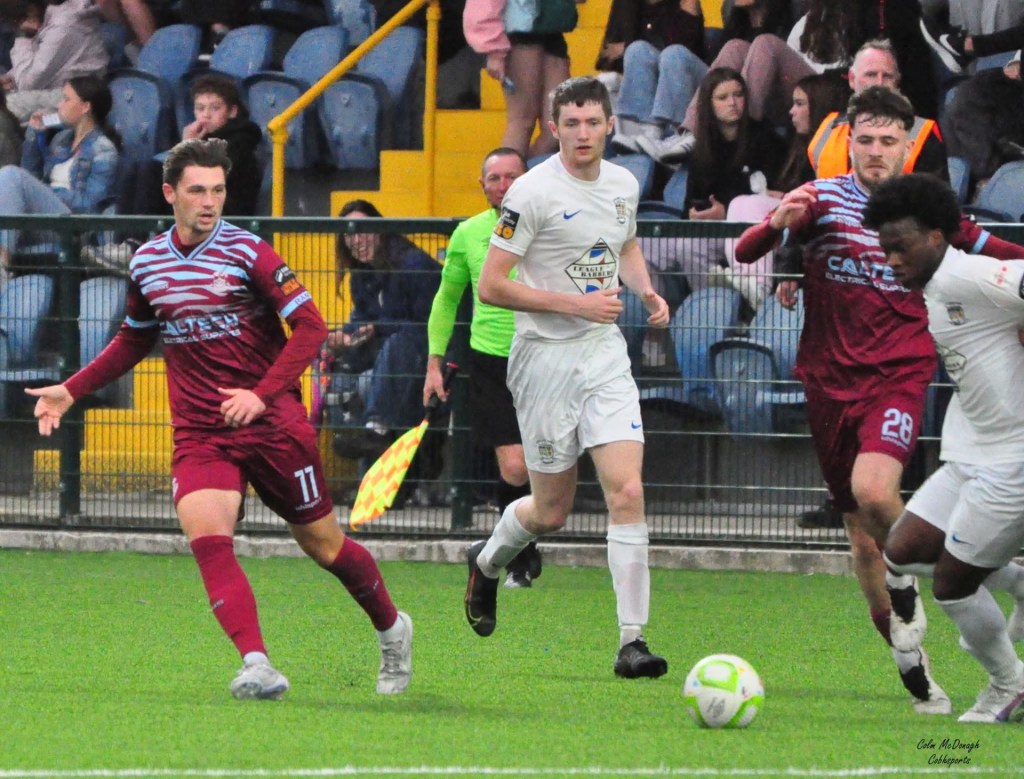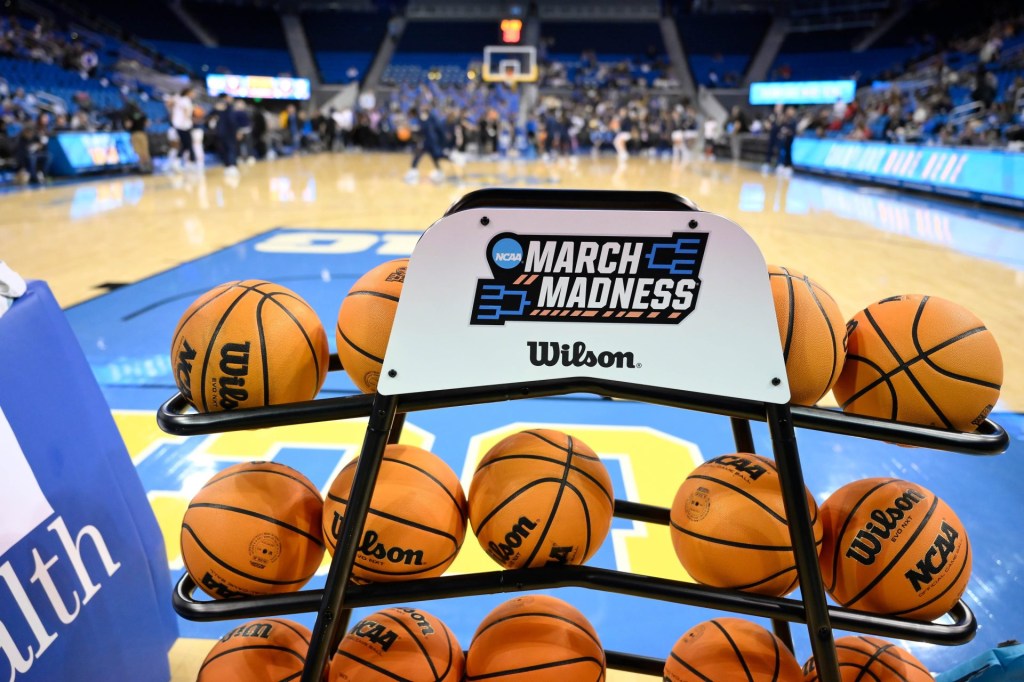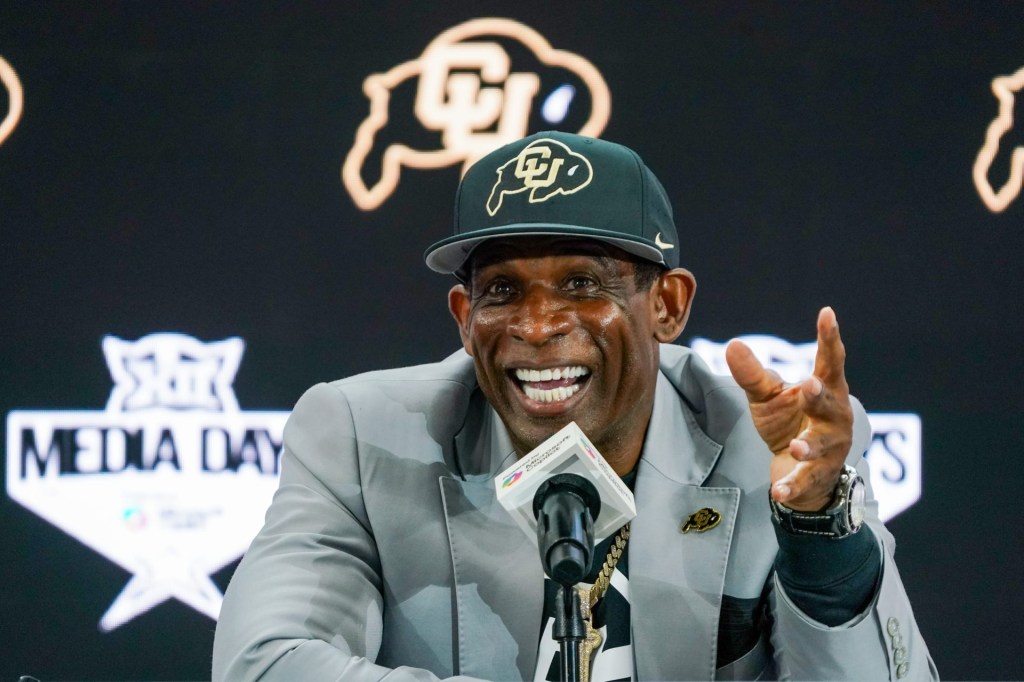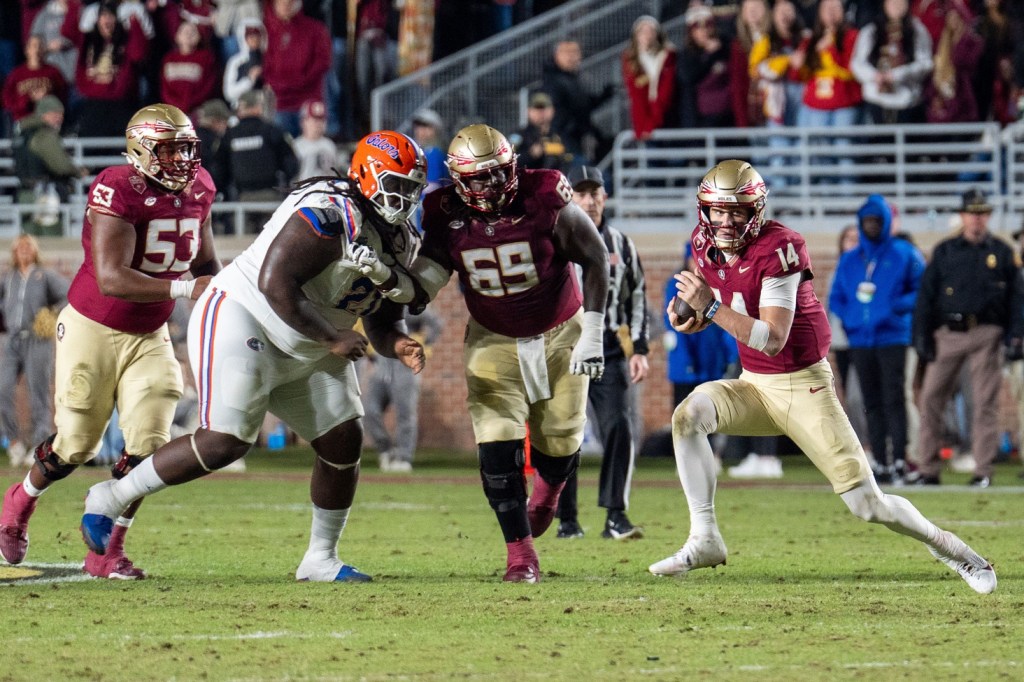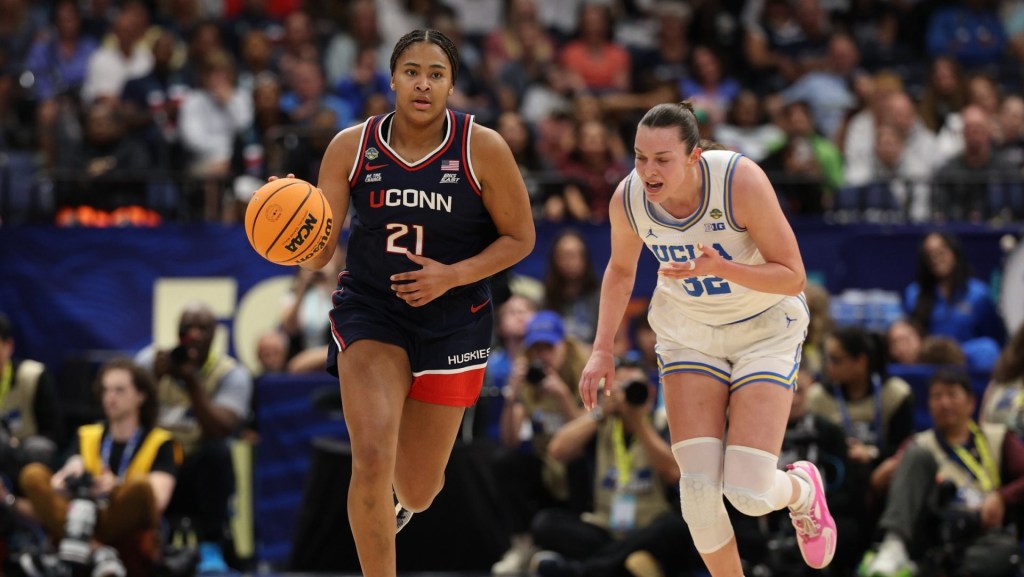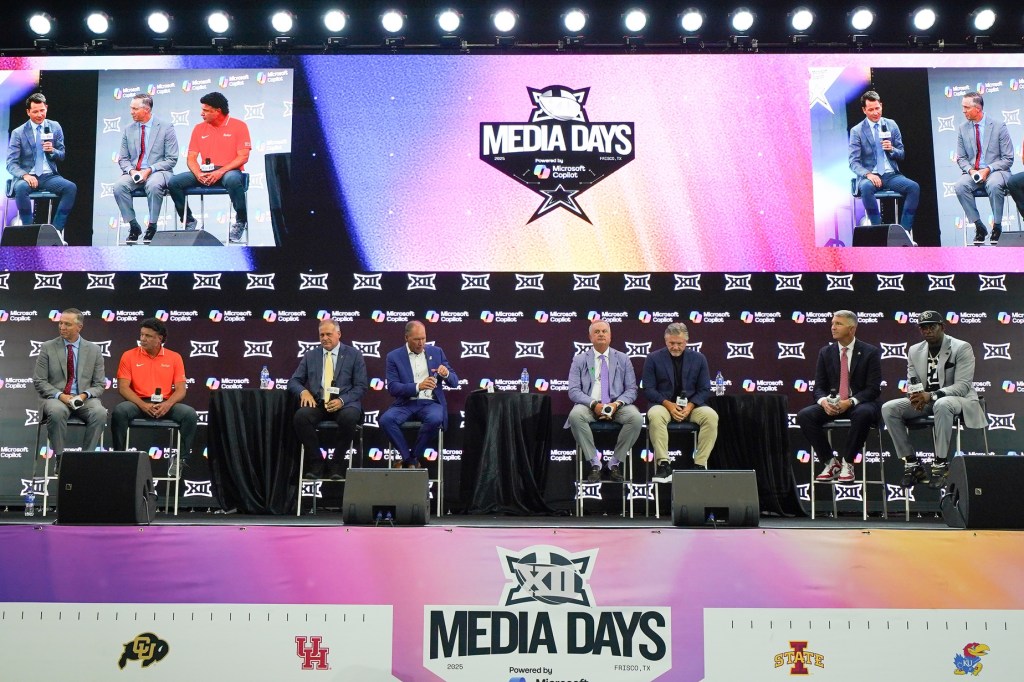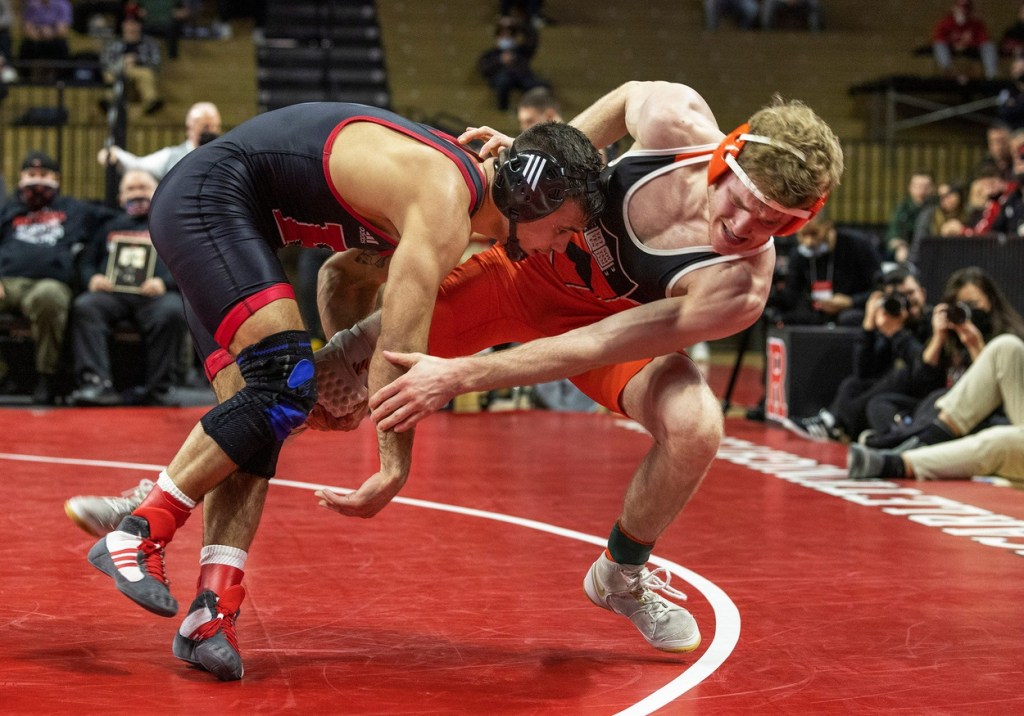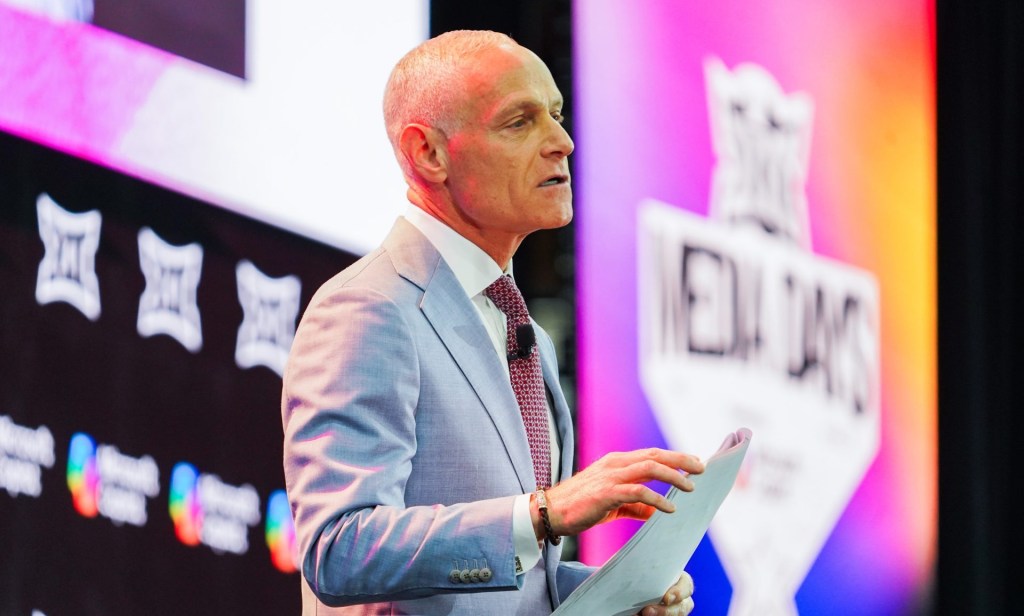By: Joe Londergan, @joehio_

In the world of college sports, a fresh perspective and the right attitude can make a world of difference. Front Office Sports is happy to have had the chance to speak with Kevin Thurman of the University of Virginia on the best methods of marketing to college students, the importance of engaging on social media and how to best conduct one’s self while looking for a great job.
Thurman attended Ball State University (BSU) in Muncie, Ind. for both his undergraduate (during which time he regularly donned the suit of the Cardinals’ mascot “Charlie”) and graduate study, receiving his BA in Telecommunications in 2013 and MA in Sport Administration in 2015. In Nov. 2015, after serving as the Marketing and Promotions Coordinator for Florida Gulf Coast University (FGCU) Athletics, he became an Athletics Marketing Coordinator at the University of Virginia (UVA).
While pursuing his BA, Thurman interned at a local television station (WHIO) in the sports department in his hometown of Dayton, Ohio. It was around this time that he made the decision to switch to the marketing side of the sports industry.
“It was a tough decision to make because I had spent my entire undergrad focusing on sports broadcasting. I loved my internship at Channel 7. Mike Hartsock is one of the best people I know, and I got a lot of great experience there, but I quickly learned that local TV sports is changing and evolving to the point where they aren’t covering as much of the major sports as they used to. For example, at Channel 7, they aren’t going to Cincinnati Reds games to shoot video themselves. With all the technology now, they’re all on TV, you record it, and you can create your own highlights package. It’s much more of a high school focus, especially at the local TV level.”
“A lot of the local stations are even cutting back on their sports coverage because of the giants like ESPN and Fox Sports, CBS Sports, NBC Sports…There’s almost a saturation point that we’ve reached of sports that people don’t tune into the 6 o’clock news anymore to see how the Reds did; they turn on ESPN. They turn on the news to see what’s new with the high school teams. With big pro teams, there’s just not the same effect that there used to be. Such a small number of people get to (work at) that major level of being on Fox Sports or ESPN. Even with ESPN, they’ve got their crew for big football games, but they even end up hiring a lot of freelance people.”
“So the job security wasn’t great and you have to be really good to make it to ESPN. I knew it would be a long haul, and while I enjoyed it, I realized it probably wasn’t something that I wanted to do all the time for a career. But I really love college athletics! When that opportunity for grad school presented itself, and I got admitted to the program, it became a no brainer.”
Thurman began pursuing his graduate degree when the chance to join Ball State’s staff as a graduate assistant presented itself.
“Basically it was around Christmas time my senior year, my boss at the time in the athletic department asked me ‘have you thought about grad school?’, and I had thought about it a little bit, but not a lot. She said, ‘Well, I’ve got two graduate assistantships open and I’d really love to see your name in the application pile.’ I spent some of that Christmas break looking at some options for it and decided ‘Well, if I can get a free Master’s degree, why not?’ Sure enough I ended up getting the graduate assistantship position, got into grad school and decided to go with that.”
Kevin served as a Graduate Student for Athletic Student Initiative, where his primary focus was driving student attendance for Ball State sporting events.
“I handled all of our relationships dealing with the student organizations; I oversaw our student rewards program, oversaw all of the department’s social media and also had different sport responsibilities. There were certain sports that I had to be at every home event for, write the scripts and write the marketing plans for and fulfill all of that.”
Sometimes in college sports, increasing student attendance is easier said than done; especially for smaller sports. This experience gave him an insight into the best methods to bring students to the stadium.
“One thing that I found extreme success with was a rewards program where basically they get points for each event that they come to and at different point levels, they get different prizes. Students, and really anyone, are driven by free stuff. Who doesn’t want something that’s free? From something as simple as a lanyard to a koozie, (the rewards went) all the way to nice items like a sweatshirt and free food.”
Upon graduation from the graduate program at BSU, Thurman secured the position of Marketing and Promotions coordinator at Florida Gulf Coast University.
“I thought it was a good opportunity to go down there and get an introduction into a full-time athletics workplace. They want to hire young people, but they want you to have a lot of experience. So I was able to find something that was a good starting job and it helped me be able to launch to Virginia.”
What many sport marketers quickly learn in a mid-major environment is that these types of departments usually have far less resources in terms of staff and capital to accomplish their goals. While Kevin found the experience rewarding, it can also be taxing.
“At FGCU, it was an assistant AD and I for marketing and sales, who had other responsibilities besides just game day marketing and event marketing, so she wasn’t at many events. It was really tough having to work soccer games three days a week and then have two volleyball matches as well. Those are long days when you have soccer early in the afternoon and then volleyball in the evening and you’re working twelve hours on a Saturday. It’s not like you can take a day off during the week because there’s so much that needs to be done during the work day.”
“It’s definitely a luxury that Power Five schools have to have a little more money to be able to have a larger staff. They also have more sports. We’re just shy of 30 sports here at Virginia, but we also have four full-time people in the marketing department that all have their own sport assignments. I definitely learned a lot at Florida Gulf Coast in terms of balancing time and working with little resources. The marketing budget was not huge by any means at FGCU, so you have to get creative. You have to find ways to encourage people to come out knowing you don’t have a lot of money to spend on promotions or give away items or things like that. It taught me to be frugal.”
Another important lesson Thurman has learned about the sports world is the exponentially expanding importance of a quality social media presence. Luckily for him, this has grown into one of his favorite aspects of his career.
“I love doing social media content. You get to interact with the fans. It’s that opportunity to have a little bit more fun. Not saying that the other stuff I do isn’t fun, but you can be a little more silly or loose. In the office writing a marketing plan, for example, obviously you want to be creative, but when you’re on social media, you’re really able to have a dialogue with the fans. That dialogue is something that I’ve really tried to grow at every place I’ve been and really do enjoy getting to be a part of that.”
“I think social media is the most important investment that an Athletic Department can make. It’s not TV ads, not radio, definitely not print ads; it’s investing in social media. Part of that is in the staffing. You have to have someone who solely handles social media. There are very few schools that do that, even still. Miami University (in Oxford, Ohio) has a full-time staff member now who is devoted to social and digital media and their numbers and their engagement have skyrocketed across the board. That’s not by accident. If you don’t have a strong, engaging presence on social, and you aren’t willing to jump on the right trends and invest in that, I think you’re going to quickly see yourself lapped by other programs that are.”
“So many departments look at social media as a way to share their information, as a way to tell their fans when events are and what is going on. Yes, to an extent, but it’s not a megaphone; it’s a telephone. It’s a two way conversation. Tell your fans about what is going on and what the student athletes are doing, but also take some time to talk to the fans. Even ten years ago, we didn’t have this opportunity to literally instantly talk with any fan. You don’t need these groups to go out and do surveys anymore; you can run a twitter poll. You don’t have to hire marketing firms to go out and do all this research. The data is at our fingertips if you properly use the analytics that are available.”
Wahoo Central, UVA’s social media command center, is overseen by Kevin alongside a staff of 10 students, who are being trained in how to properly engage with fans.
“Once football season gets going, we are actively having conversations on Twitter, Monday-Friday, 9–5 basically. It’s not the 1 to 100 marketing, but it’s the 1 to 1 that you want to focus on. So many athletic departments are just sending stuff out and looking at their follower number, which is important, but they’re not looking at the number of engaged users or what type of tweet/post is getting more attention.”
In the process of landing these opportunities, Kevin learned a few nuances of how to impress a potential employer.
His biggest ‘Do’: “Be prepared. I know that sounds simple, but I’m always shocked at how many people aren’t truly prepared. Dress for success. Wear a full suit for an interview! Set an expectation when you walk in the door so they know you are taking it seriously. Do research on the company that you’re interviewing with and the people that you’re interviewing with, as well. Find something that you can relate to them on. It gives you that moment of bonding and it shows that you were interested enough that you went that extra mile.”
His biggest ‘Don’t’: “Don’t come in thinking you’ve 100 percent earned the job or you 100 percent should get the job. Have an open mind and ask questions. Don’t just sit there and let them ask questions. Any good employer is going to say ‘Do you have any questions for us?’ Have something prepared, even if it is just, ‘What is the next step?’”
While many graduating students or those seeking a new job often find themselves applying for any open position, Thurman believes there is a better way to handle job hunting.
“Don’t just think that you need a job, so you just go quantity over quality (in terms of applications). Only apply for something that you’re truly interested in. If you apply for something that you’re not, that’s when you could end up getting a call from something that was a back-up plan and those are the ones that end up moving a lot quicker. Trust in yourself and say that it will all end up working out in the end. That being said — don’t just sit there. Be active, but don’t over apply. One of my mentors at Ball State told me that you need to be comfortable with not having a job immediately after you graduate, and that is okay. Don’t settle for something that you know you won’t be happy doing.”
In the future, Kevin plans to build on this knowledge to continue moving through the ranks of college sports marketing.
“I’d like to be a Senior Associate AD for External Affairs, overseeing the marketing, media relations, corporate sales and ticket sales team. Leading the charge on a branding piece like that for an athletic department is where I’d like to be. But who knows? That’s where I see it going right now.”
In order to keep your career in the sports industry moving in a positive direction, Kevin says it all comes down to being personable.
“No matter whom you are talking to, be able to make them feel valuable, but at the same time, never feeling too high and mighty about yourself. Enjoy people’s company and never take yourself seriously.”
Connect with Kevin on LinkedIn here!
